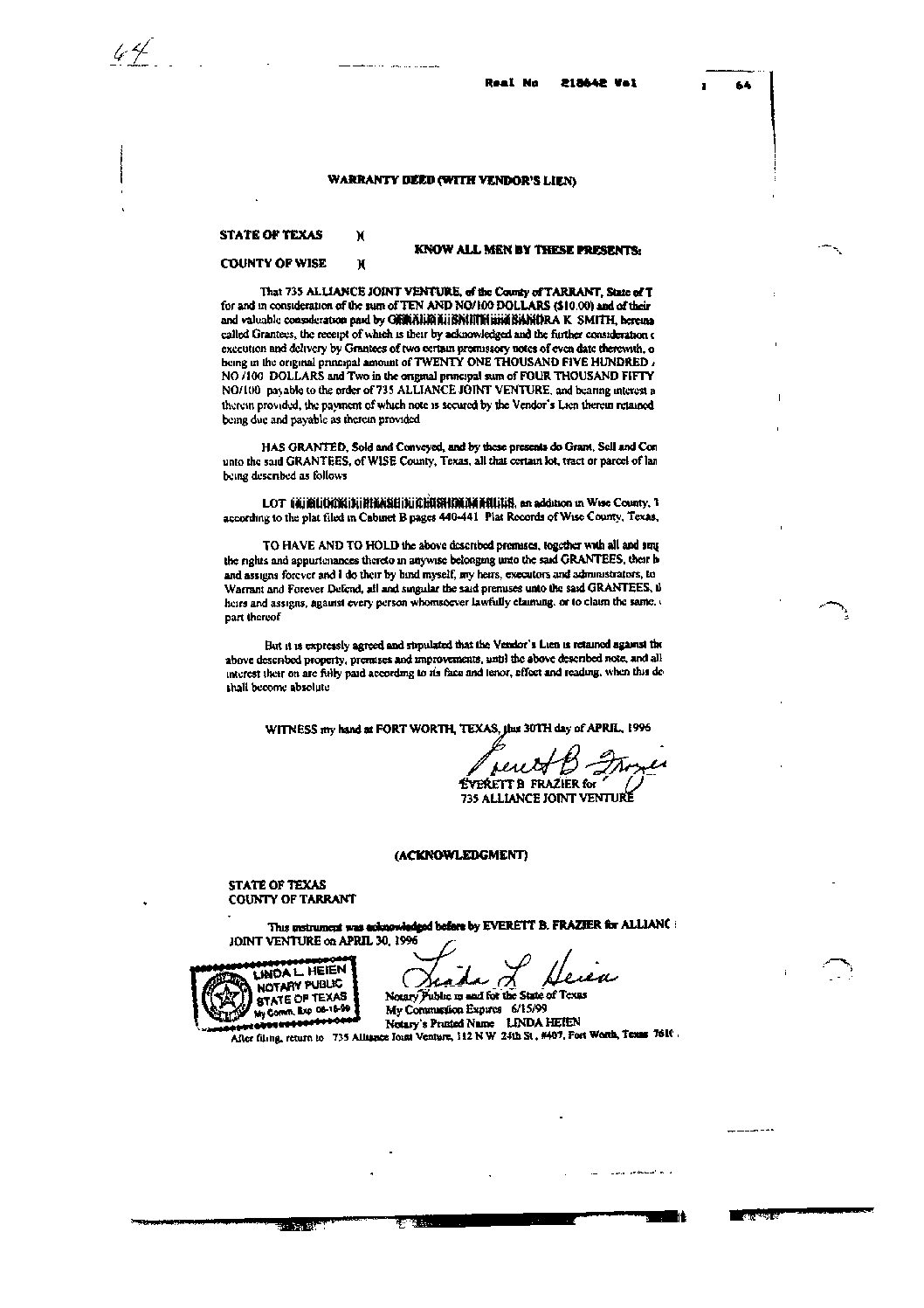Unlocking Property Secrets: Your Guide to Free Deed Search
Ever feel like there's a secret layer to property ownership, hidden just beneath the surface? It's like everyone else got a map to real estate insights, and you're stuck navigating with intuition alone. Well, good news: that map exists, and it's called a deed search. Even better? You can often access this treasure trove of information entirely for free.
We're talking about peeking behind the curtain of property ownership, arming yourself with knowledge that can inform your investment decisions, settle property line disputes, or simply satisfy your inner history buff. Think of it as a choose-your-own-adventure game, where the prize is a deeper understanding of the land we live on.
Now, you might be picturing dusty record rooms and hours spent deciphering archaic handwriting. But hold on! Technology has revolutionized the deed search process, making it more accessible than ever. Websites and online databases are popping up all over, many offering free (or extremely affordable) access to property records.
But wait, free? What's the catch? Often, there isn't one. Many local governments recognize the value of public access to these records and provide them online as a service. Of course, some sites might try to upsell you on premium features or reports, but with a little savvy searching, you can often find the information you need without spending a dime.
So, buckle up! We're about to embark on a journey to demystify the world of free deed searches. We'll explore the ins and outs of property records, equip you with the knowledge to navigate online databases, and empower you to unlock the hidden stories behind those seemingly ordinary plots of land.
Advantages and Disadvantages of Free Deed Search
| Advantages | Disadvantages |
|---|---|
| Cost-effective: Access valuable property information without spending a fortune. | Time-consuming: Searching for and interpreting records can take time. |
| Empowering: Gain knowledge and control over your property decisions. | Data accuracy: Information might be outdated or incomplete depending on the source. |
| Historical insight: Uncover the history of a property and its previous owners. | Technical hurdles: Navigating online databases can be confusing for first-time users. |
5 Best Practices for Successful Free Deed Searches
Ready to become a deed-searching pro? Follow these tips to maximize your efficiency and success:
- Start with the County: Deeds are typically recorded at the county level. Identify the county where the property is located and look for their official website.
- Look for "Property Records" or "Register of Deeds": County websites vary, but most have a dedicated section for accessing property information.
- Be Prepared with Key Information: You'll usually need the property address or parcel number to initiate a search. Having the owner's name can also be helpful.
- Explore Different Search Options: Some sites offer advanced search filters, allowing you to narrow down results by date range, document type, or other criteria.
- Verify Information from Multiple Sources: While online records are generally reliable, it's always a good practice to cross-reference information with other sources or consult with a professional if needed.
While free deed searches offer a treasure trove of information, they're not a magic bullet. The key is to approach the process with a healthy dose of skepticism, double-checking information and seeking professional guidance when needed. But with a little effort and know-how, you can leverage these free resources to unlock a deeper understanding of the properties that shape our world.
Navigating challenges understanding po box 30559 salt lake city ut 84130 appeal
Segoe ui regular the unsung hero of digital typography
Discover delawares vibrant arts crafts scene a guide to local shows




![Quitclaim Deed Templates (Free) [Word, PDF, ODT]](https://i2.wp.com/templates.legal/wp-content/uploads/2021/11/Quitclaim-Deed-Templates.Legal_.jpg)










